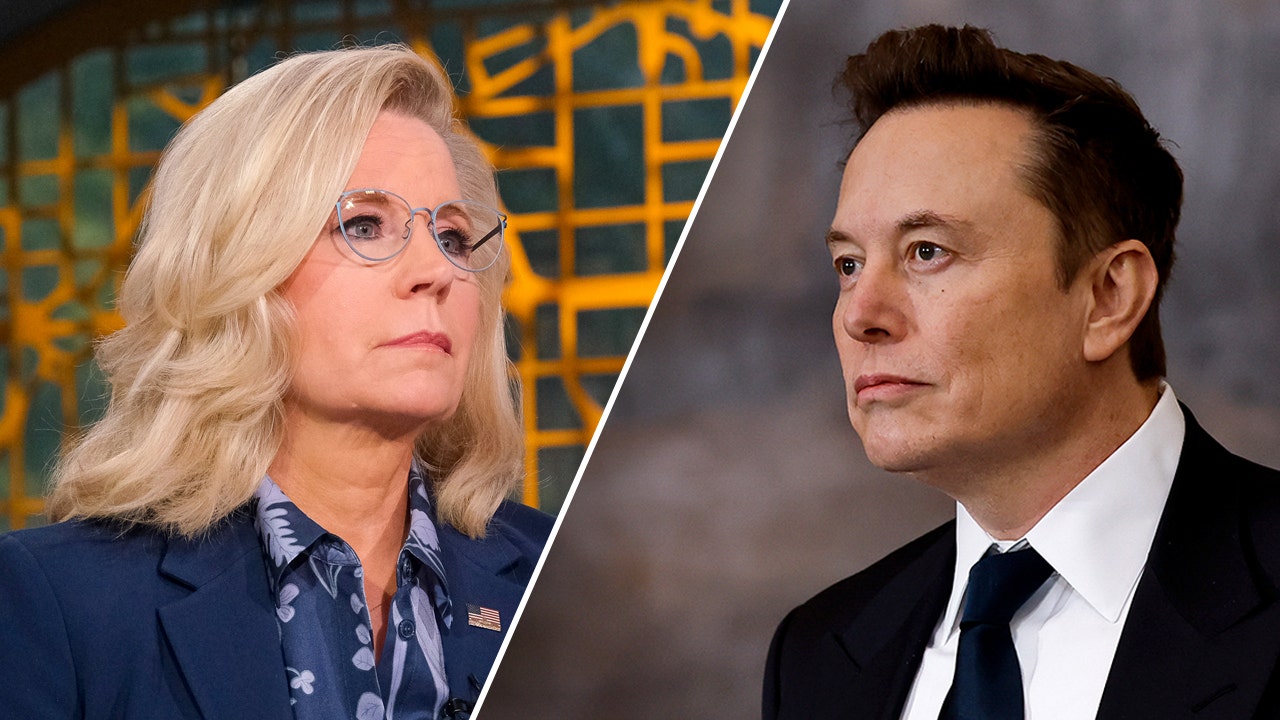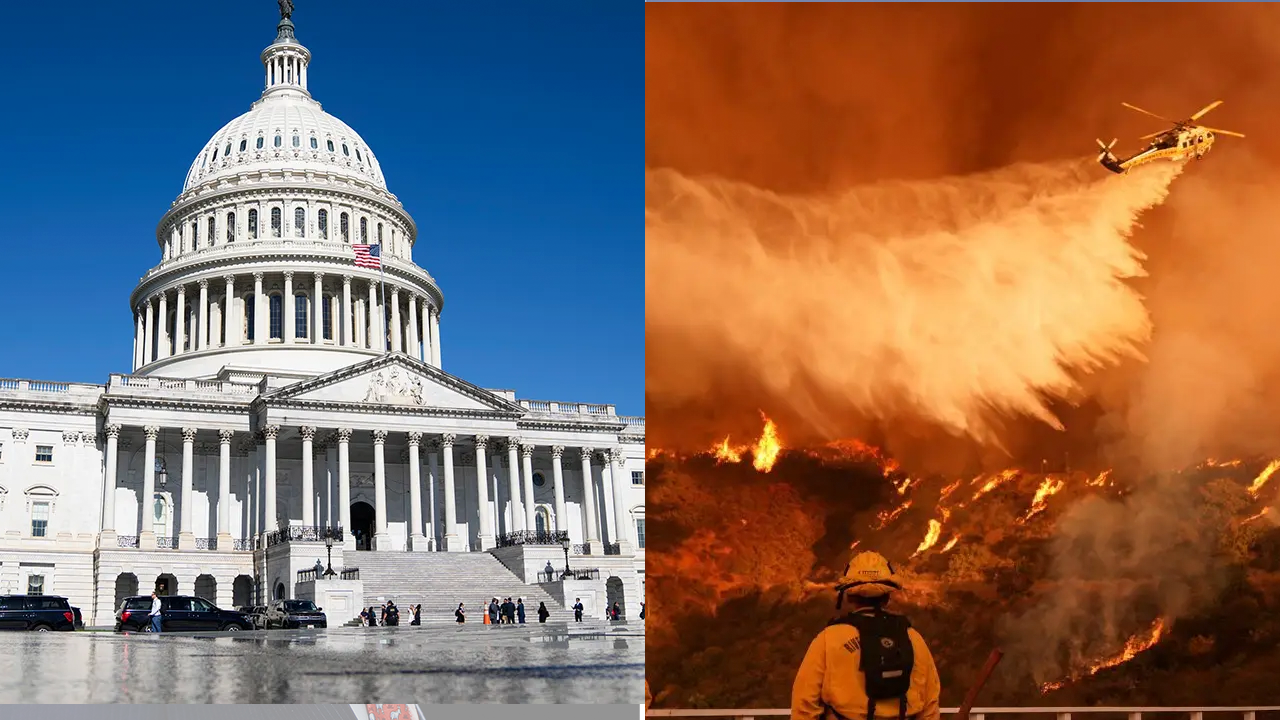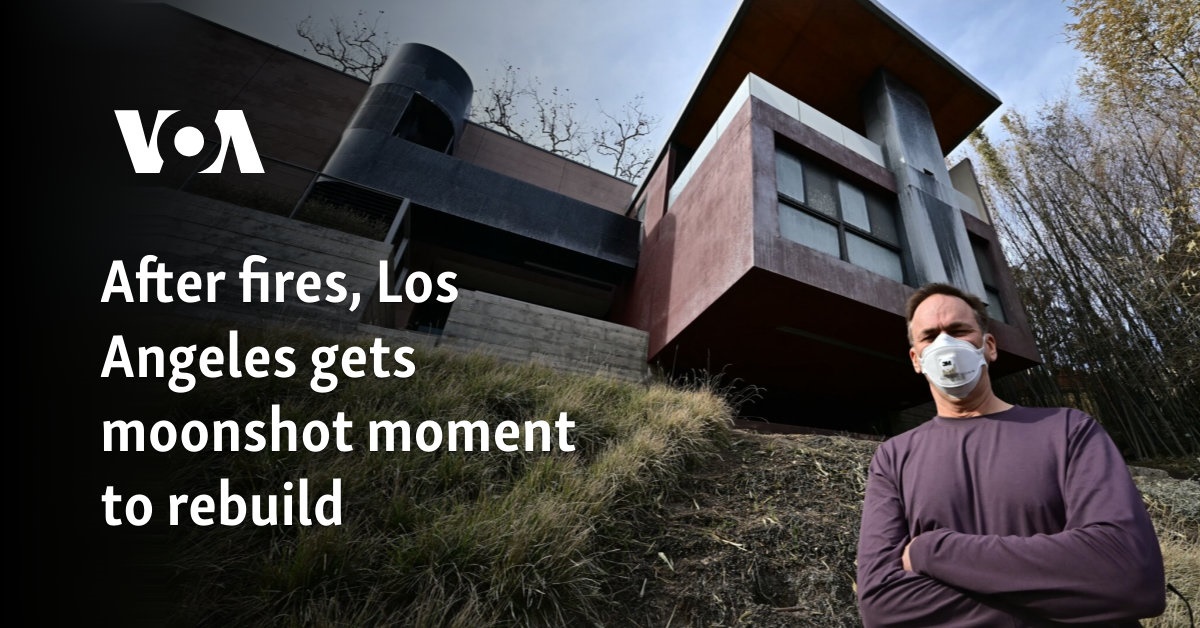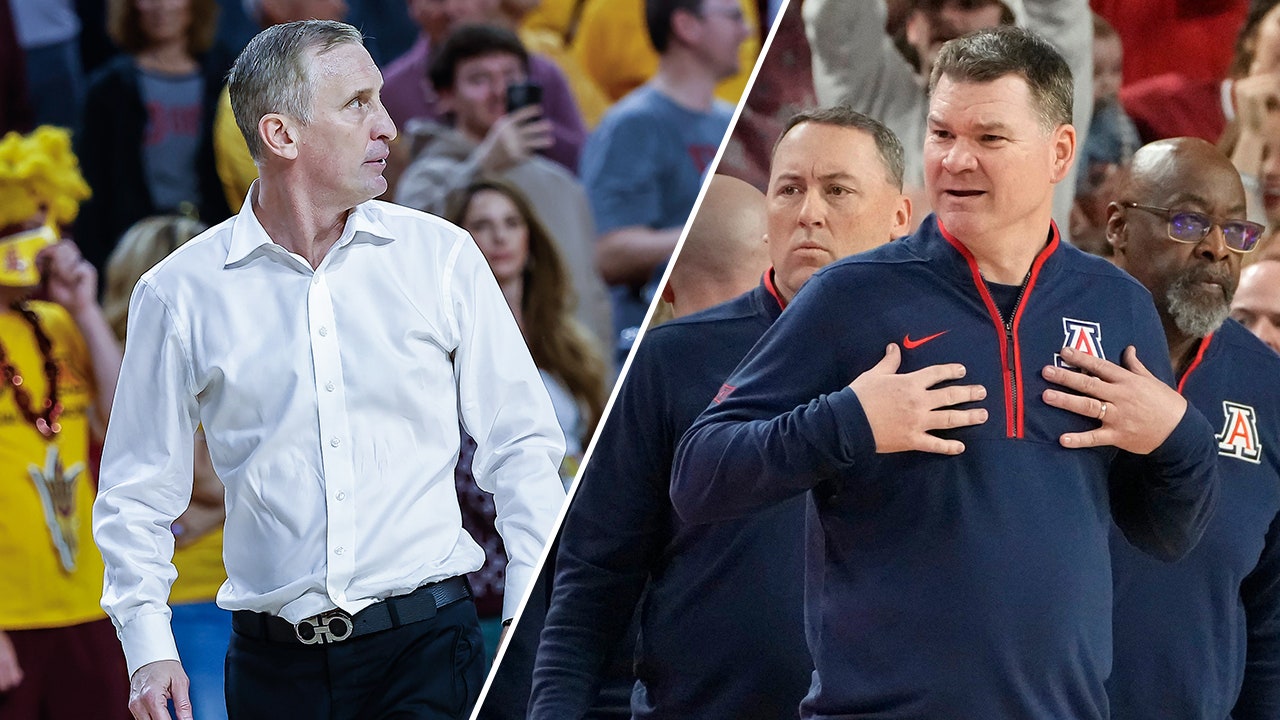You see death and destruction. The president and his party smell opportunity
Donald Trump has been waiting for years for this kind of opportunity.
As the deadly fires raged and enveloped Los Angeles near the dawn of his second presidency, Trump didn’t see a moment for compassion, or charity, or leadership. Instead, he saw a chance for maximum leverage against his political enemies, and he wanted to take the entire Republican Party along for the ride.
According to three sources familiar with the matter, when Trump looks back on his first term in the White House, one of his regrets is he didn’t successfully condition several large aid packages — during Puerto Rico’s hurricane recovery, the Covid-19 pandemic, and other emergencies in the states and territories — on Democratic governors and other politicians bowing to his often unrelated demands.
During his first administration, there were times when Trump slow-walked or withheld federal disaster relief, when a governor in Washington state or California pissed him off, for instance. As scandalous and malevolent as this was, upon reflection, Trump believes he didn’t go nearly far enough.
If he succeeds in pushing this grisly envelope as far as he and his powerful allies hope, it would be an unprecedented remaking of federal disaster-relief in modern times, prioritizing one Republican president’s hurt feelings and personal animus ahead of the needs and shattered lives of numerous civilians.
Right now, the California wildfire destruction and the ongoing recovery initiatives have been bumped off the front page of various newspapers. After all, the first three weeks of the new Trump era has seen the president and his top ally — the richest man in the world, Elon Musk — conducting a lawless rampage across the federal government and, in doing so, triggering a budding constitutional crisis.
Still, within the coming weeks, Democratic and GOP lawmakers and their staff on Capitol Hill are expecting a Trump-led showdown to unfold over recovery aid related to the L.A. fires.
Editor’s picks
So far, the president has leaned on California’s leaders to adopt additional voter-ID rules and to bend to his internet-brain-poisoned water policies, as potential aid conditions to satisfy the former reality-TV star who now fills the role of the Mad King president. (It is almost difficult to explain just how counterproductive and senseless Trump’s California water demands are.)
“I want to see two things in Los Angeles: voter ID, so that the people have a chance to vote, and I want to see the water be released and come down into Los Angeles and the state. Those are the two things,” the president said late last month.
It remains to be seen if Trump can be talked into backing down this time, just as he was talked out of going full bore on at least some of his ragingly senseless ideas during his first four years in the Oval Office. Some California Republicans — out of their desire to please their constituents and also out of sheer common sense — have expressed disapproval toward the notion of holding wildfire recovery aid hostage this year.
After visiting Trump at the White House on Wednesday, California’s Democratic governor Gavin Newsom announced that he had just spoken with the president “about the urgent need for Congress to quickly pass federal aid to help our fellow Americans recover from the devastating firestorms in Southern California.” Newsom described the conversation vaguely as “successful.”
But at this time, various elite conservatives are still on Trump’s side. Last month, House Speaker Mike Johnson (R-La.) publicly voiced support for his approach, saying that “there should probably be conditions.”
Related Content
During an interview with Morning Edition last month, Sen. Alex Padilla (D-Calif.) stressed that “California’s always been there for other regions of the country in their time of crisis. And now it’s time for the country to be there for California, no strings attached.”
Trump has rarely seen it that way — at least, not when dealing with American politicians who have a “D” next to their names and titles.
“I don’t think there should be any precondition on aid going to human beings in California. They need help, get it to them. But for all the governmental institutions in California — given that they’re suicidally insane — why should the U.S. government step in to provide aid without reasonable conditions?” says former House speaker Newt Gingrich, an informal Trump adviser. “Donald Trump asking California to have honest elections, and voter ID, is a totally reasonable thing to do, even if asking that is tied to recovery aid. The American people, including the vast majority of Californians, favor voter ID.”
In exchange for sending federal recovery or disaster assistance during his first term, the three sources say, Trump wanted policy changes that fed into his chronic election-denial fantasies and conspiracy theories. He wanted Democratic-dominant cities to reverse criminal justice reforms that he deemed too “soft.” He wanted to put a stop to immigrant-welcoming sanctuary cities, and more.
“He shouted about this in Oval Office meetings,” says a former Trump administration official present for these, adding they were personally “disgusted” by the idea and were a part of a core of advisers who waited for Trump to “just forget” about many of these ideas. “Trump insisted liberals did this to Republicans all the time, but I don’t know what he meant by that.”
To this day, according to two people with direct knowledge of the matter, the now-restored president still complains about how some of his first-term administration officials repeatedly talked him down from using that kind of leverage against his political foes and their suffering populaces.
The way Trump sees it, the two sources add, he had the idea first to inhumanely wield desperate migrants as weapons, and to bus them (without warning, federal resources, or effective coordination) to Democratic-led cities all around the country. His first administration never put that once fringe-sounding plan into full force — only to see GOP governors like Ron DeSantis do exactly that during Joe Biden’s presidency, and claim all the menacing glory that should have been Trump’s.
This time, Trump has been determined not to let the chance for cruelty slip through his fingers once again.
And the wildfires in bright-blue Los Angeles, California, could not have come at a better time for him, when so much of the power center of the modern GOP is eager to back his politics of unalloyed retribution in ways even more zealous than they were just several years ago.
In the early weeks of 2025, according to administration and congressional sources, he repeatedly pressured top Republican lawmakers on the Hill — many of whom already agree with his approach — to condition wildfire recovery aid to California on highly Trumpy, conservative demands that are completely unrelated to fires or even public-safety.
This president, who is obsessed with blustering about his “promises made, promises kept,” openly vowed during his closing pitch to the American electorate in 2024 that he’d threaten California’s wildfire aid, if he returned to power.
Trump, the sources who’ve spoken to him about this say, is adamant about doing this this year because he wants to make it a test case and template for doing it again — and again, and again, over the next four years whenever he sees fit, or whenever the mood strikes. “Why should he stop at California? There are a lot of Democrat-run states,” one senior Trump administration official tells Rolling Stone, unintentionally or perhaps intentionally mimicking a comic-book villain.
It appears as though the high-ranking staffers who would have once tried to wean Trump off some of these demands are now gone, purged from the party for insufficient fealty to Trump. Lucky for Trump, given that he wants to cement this practice as a fully standard-operating-procedure in a way it never was during Term 1.
This vision for how a president should dangle relief aid has gained mainstream Republican Party-wide traction to a degree that would have seemed unthinkable in the recent past.
But this is the second age of a vengeance-fueled President Trump.
If he gets his way over the next four years, history may very well look back on the L.A. wildfires as the moment the GOP and its leader turned the vindictively absurd into a new standard for conservative leadership in moments of crisis — and a new low could soon be the new normal.

 2 hours ago
2
2 hours ago
2
















.png)

.png)
.png)
.png)













 English (US) ·
English (US) ·  Hindi (IN) ·
Hindi (IN) ·